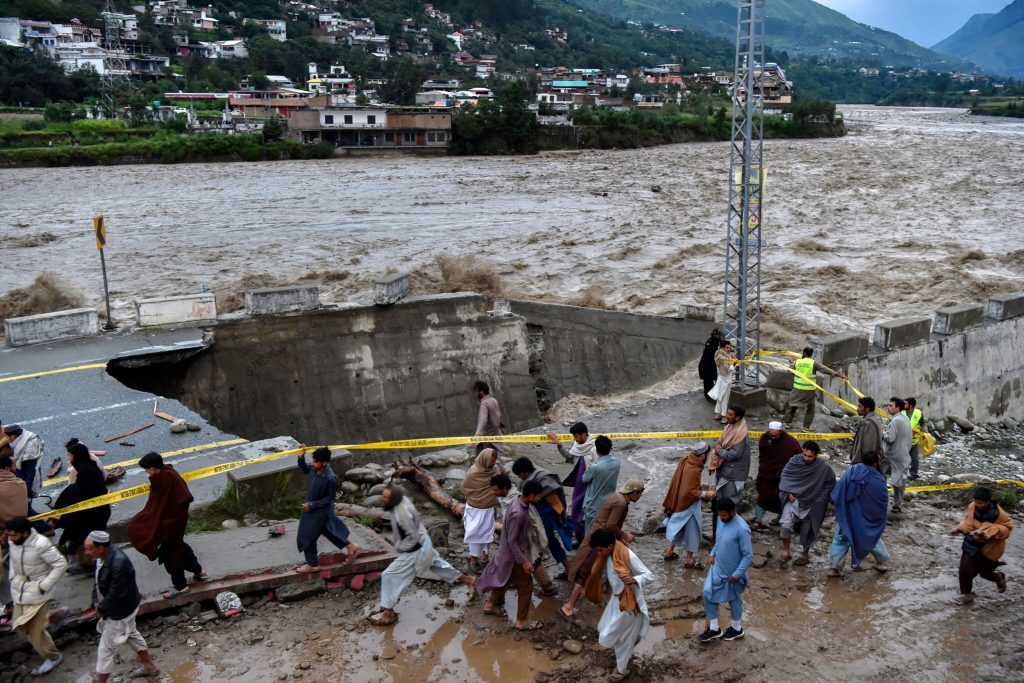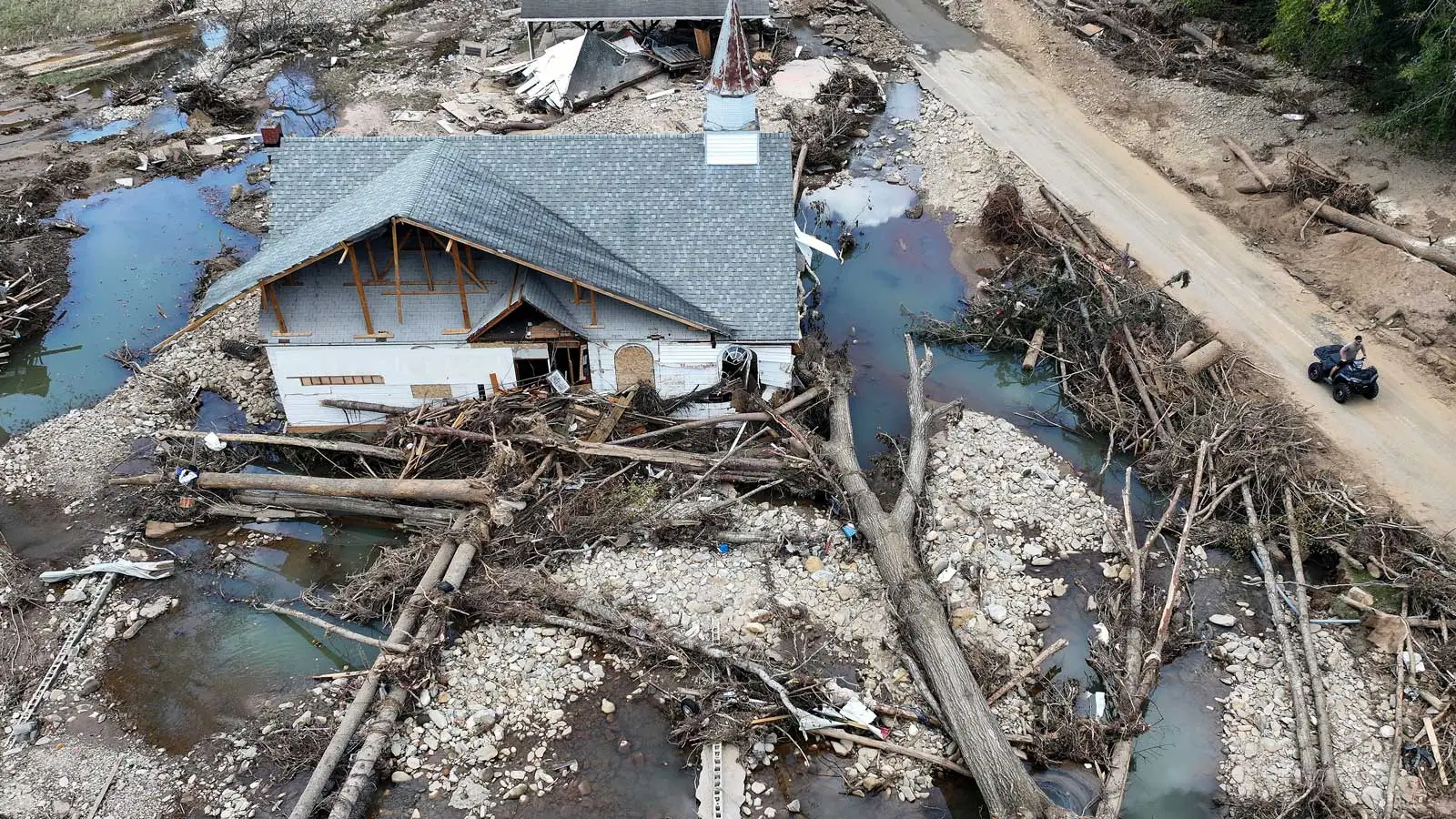The United Nations has warned that record numbers of people were forced to flee climate-related disasters in 2024, highlighting the urgent need for global early warning systems.
According to the State of the Global Climate report by the World Meteorological Organisation (WMO), millions were displaced by cyclones, wildfires, droughts, and floods, with both poorer and wealthier nations suffering devastating impacts.
In Mozambique, Cyclone Chido displaced 100,000 people, while catastrophic floods in Valencia, Spain, claimed 224 lives. Meanwhile, wildfires in the United States and Canada forced over 300,000 people to flee.
To combat worsening climate disasters, WMO chief Celeste Saulo stressed the importance of early warning systems and pledged to extend their coverage worldwide by 2027. Currently, only half of all countries have adequate systems in place.

The report comes during growing concerns over climate action following the return of US President Donald Trump, a known climate sceptic. His administration has already cut hundreds of NOAA scientists, raising fears about the weakening of global climate monitoring efforts.
Trump’s decision to reappoint Neil Jacobs to lead NOAA has sparked controversy, given Jacobs was previously censured for misrepresenting a hurricane forecast under political pressure.
Despite political uncertainty, WMO officials stressed the need for continued international collaboration to combat climate change.
The report also revealed that 2024 was the hottest year on record, with global temperatures exceeding the 1.5°C threshold for the first time.
“Our planet is issuing more distress signals,” said UN Secretary-General Antonio Guterres, warning that while limiting temperature rise to 1.5°C remains possible, urgent action is needed.
Other alarming findings include oceans continuing to warm at an accelerated rate, sea levels rising faster than before, glaciers melting rapidly, with Antarctic sea ice shrinking to its second-lowest level ever recorded.
With climate-related disasters intensifying, experts stress that investment in weather, water, and climate services is now more critical than ever.


 Trending
Trending 